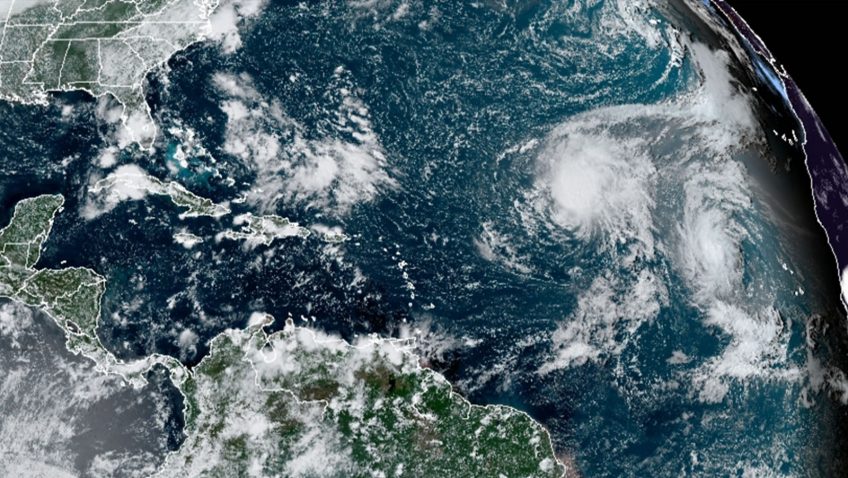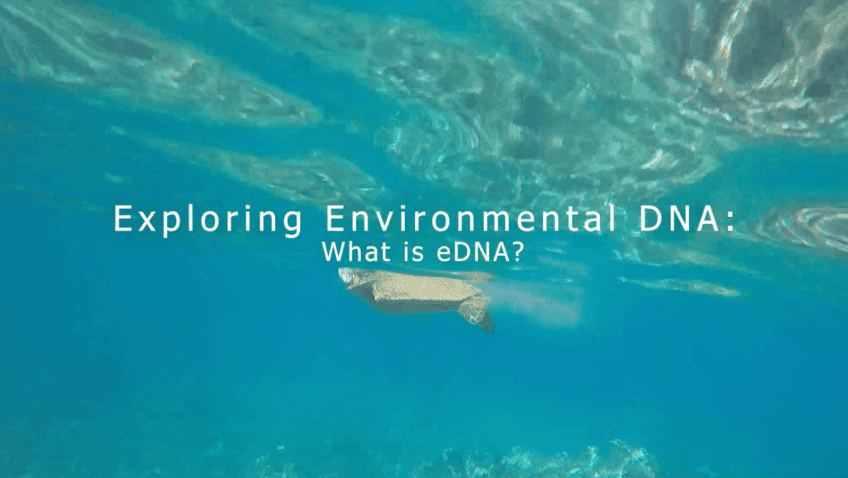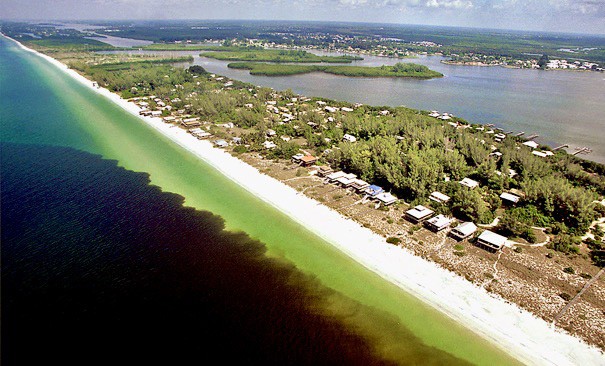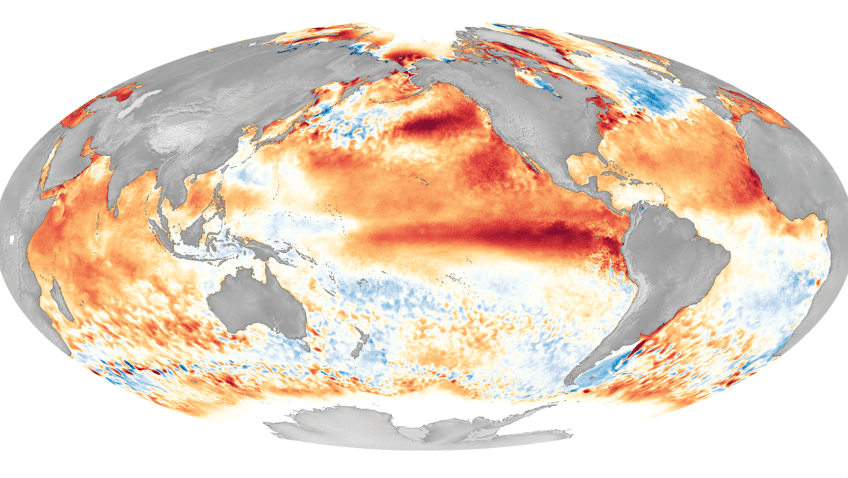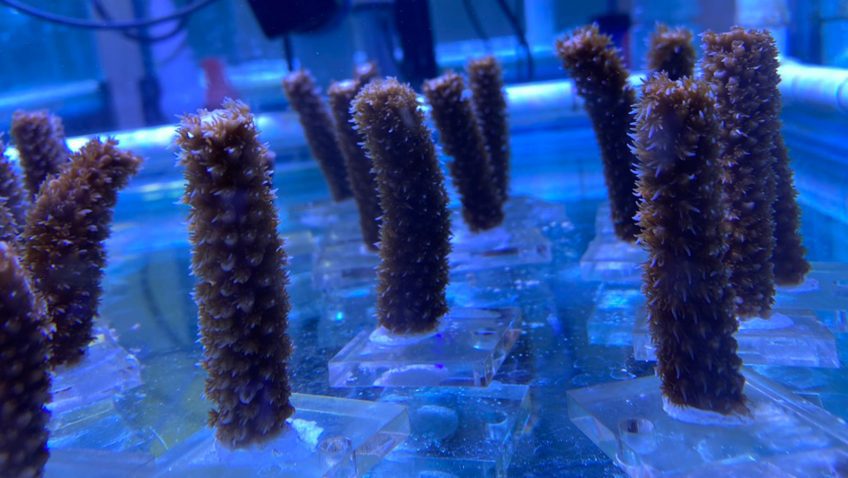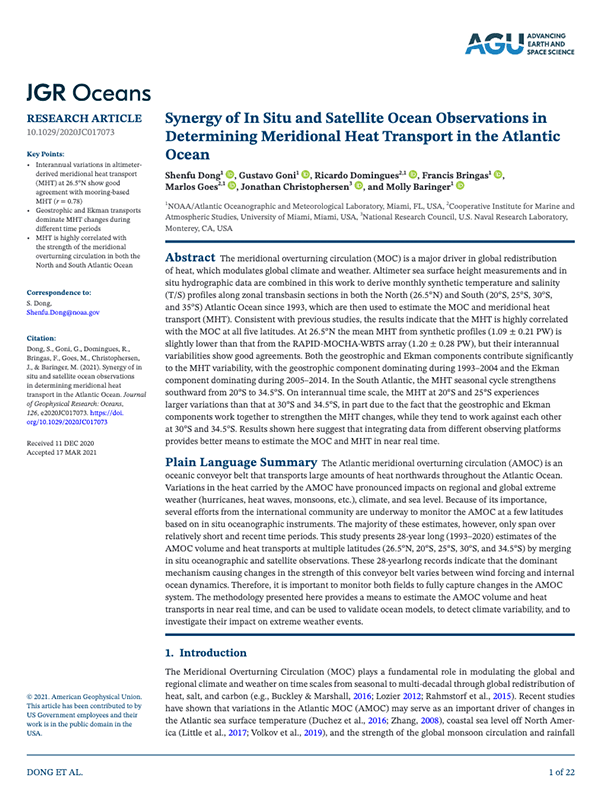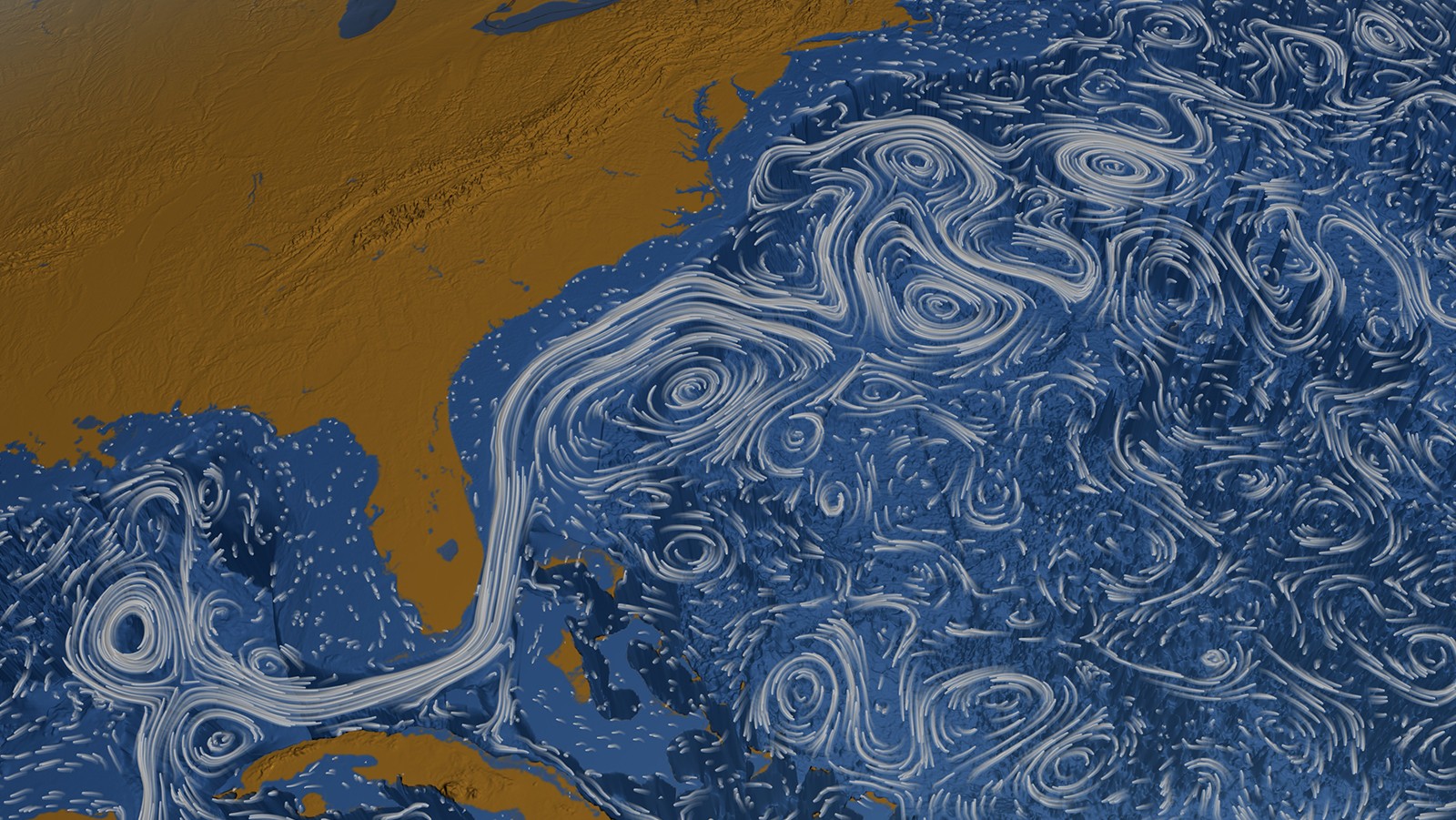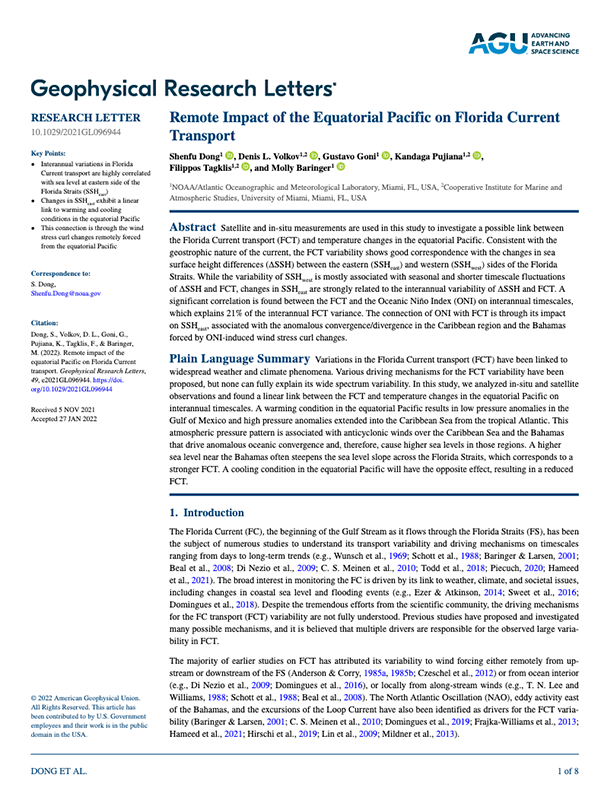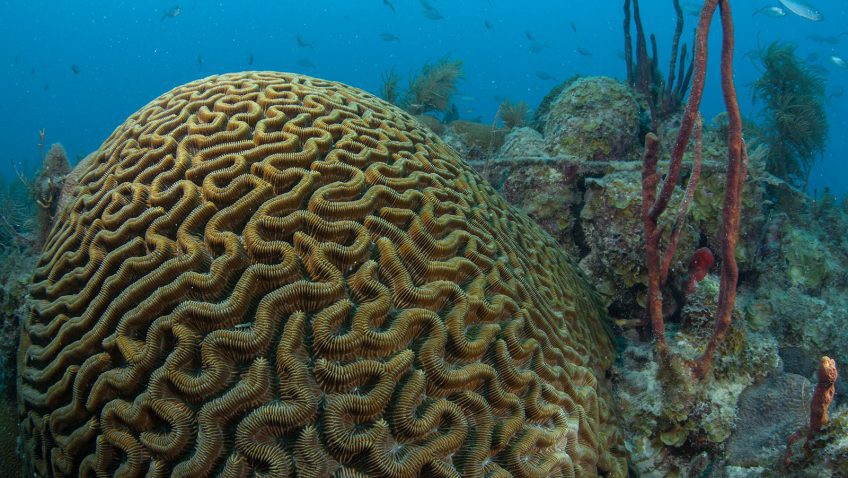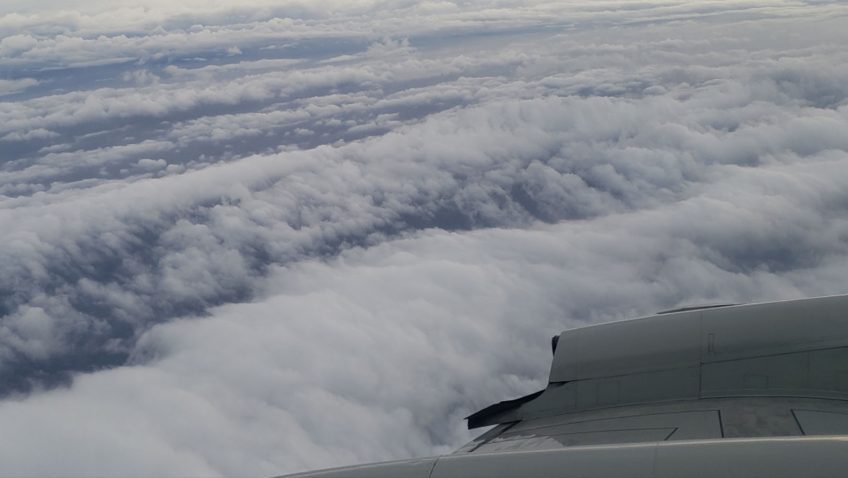Hurricane Model that Follows Multiple Storms Improves Intensity Forecasts
Warning the public of the damaging winds in tropical cyclones is critical for safeguarding communities in harm’s way. A new study by hurricane scientists at AOML is the first to quantify the value added to tropical cyclone intensity forecasts by storm-following nests. The research, published in the Bulletin of the American Meteorological Society, demonstrates that storm-following nests applied to multiple hurricanes in the same forecast cycle can improve intensity predictions by as much as 30%.
